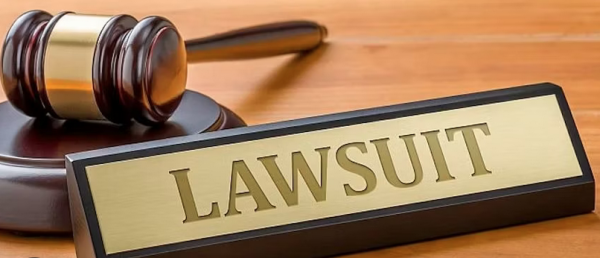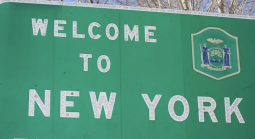MGM Says High Roller Has Failed to Produce Evidence Showing He Was Drugged in Casino
A gambler is claiming that he was drugged while playing at the blackjack table at the MGM Grand in Las Vegas.
The high roller, Dwight Manley, filed a lawsuit against the establishment last year that has gone relatively unnoticed during the discovery phase.
Famed Vegas beat reporter John L. Smith questions the veracity of the suit. Neither side is budging.
Manley, a California sports agent who has spent millions at the casino over the last 31 years, arrived with friends at the VIP gaming saloon.
Smith writes:
The drinks began flowing, and the high roller recalls immediately noticing a bitterness in his Old Fashioned cocktail. It was replaced. Over the next three hours, several more were served.
In the course of play, his high credit line was raised multiple times to $3.5 million, much of which he proceeded to lose in a state of instability that attracted the attention of security. At one point, Manley broke an ashtray and cut his hand, the blood staining the table. He was moved to another table and kept playing.
By the time he departed, he could barely walk and soon began to suspect he’d been drugged. In his litigation, brought by veteran attorneys Paul Hejmanowski and Charles McCrea, Manley claims he soon began to suspect there was something other than booze in the cocktail, specifically the drug ketamine. In the days to come, a test of Manley’s hair was positive for ketamine.
MGM was asked to provide information related to other instances of "spiked" drinks.
“In the vernacular, the persons within the scope of this interrogatory would include, but not be limited to, all persons claiming that they had been served a ‘spiked drink’ while on Defendants’ premises, causing changes to the person’s nervous system resulting in alteration of perception, mood, cognition, and/or behavior,” one document shared by Smith reads.
The company responded: “MGM further objects to this request on the grounds that documents being sought are unproportional to the needs of this action and have no bearing on the parties’ respective claims and defenses, particularly since Plaintiff has failed to produce any evidence indicating that he was ‘drugged’ at MGM’s property on December 10, 2021.”
Manley's suit claims the MGM Grand violated the the Nevada Deceptive Trade Practices Act (NDTPA) and that it was the establishment plying him with alcohol while at the blackjack table that resulted in the unfortunate incident.
"Under the NDTPA, a person engages in a 'deceptive trade practice” if, as Manley alleges here, he or she “[k]nowingly takes advantage of another person's inability reasonably to protect his or her own rights or interests in a consumer transaction when such an inability is due to illiteracy, or to a mental or physical infirmity or another similar condition which manifests itself as an incapability to understand the language or terms of any agreement.'"
To this extent, Smith asks the following:
"It will be instructive one day to read the company’s policies on the subjects of alcohol service and the granting of credit. What MGM’s casino-marketing personnel have to say should also shed light on Manley’s play and usual behavior during his many trips to the resort. In addition, I’d like to hear the observations of the employees who were on duty that night. Did they express concern about Manley’s erratic behavior?"
The Court has ordered that that Defendants' partial motion to dismiss (ECF No. 9) is granted in part and denied in part. With respect to the negligence claim, the motion to dismiss is granted only to the extent that Defendants argue they had no affirmative duty to stop serving Manley alcohol once he had become visibly “erratic.” The motion to dismiss is also granted with respect to Manley's consumer fraud claim. Otherwise, the motion is denied.
It is further ordered that Manley has leave to file an amended complaint to assert his NDTPA claim if he is able to cure the deficiencies identified in this order. Manley has 15 days to file his amended complaint. Failure to do so will result in dismissal of the consumer fraud claim with prejudice.
- Nagesh Rath, Gambling911.com















